Recommendations of the international webinar “RACC Regional Action Initiative on Climate Change” hosted by Ain Shams University
The international webinar "Regional Action Initiative on Climate Change RACC", hosted by Ain Shams University headed by Prof. Dr. Mahmoud El-Metini and the supervision of Prof. Dr. Mohamed Ayman Saleh, Vice President for Postgraduate Studies and Research, in cooperation with the International Committee for the Development of Drylands (IDDC) and the International Center for Agricultural Research in the Dry Areas (ICARDA), made several important recommendations, foremost of which is the need to focus on the element of adaptation, where about eight billion people live on this planet. Climate change will have a disastrous impact on them, especially in developing countries in Africa and the rest of the developing countries in Latin America and Asia. According to the population, only 14% live in most industrialized countries and the rest of the 100 will live in developing countries and some of them will face acute hunger.
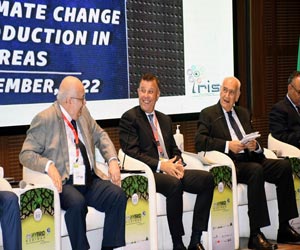 |
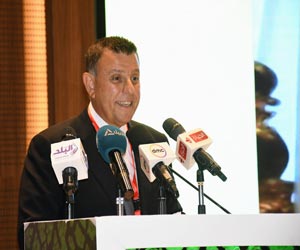 |
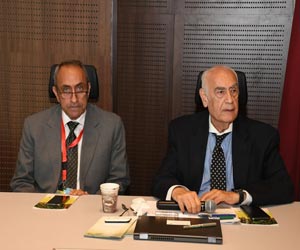 |
||
The meeting also recommended focusing on the dynamic assessment of the impact of climate change on the ecosystem and benefiting from changing the genetic structures to be commensurate with the increase in temperature, while identifying appropriate agricultural management techniques that will help us improve water use efficiency by improving the placement of filters that place the inputs of fertilizers and pesticides.
The webinar also called for enhanced cooperation and resilience that improve human and physical infrastructure and achieve sustainable development goals. When we talk about adaptation and creating resilience in developing countries, this should be part of a broad investment program in six specific areas, mentioning education, health and energy. And sustainable land use, grassland infrastructure, and digital transformation of society, all with the aim of improving the investment we need and getting the money needed to achieve those goals, as we need much more than the $100 billion that has been proposed.
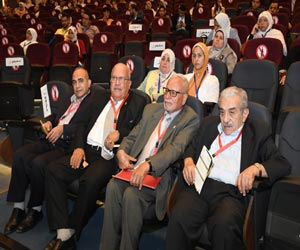 |
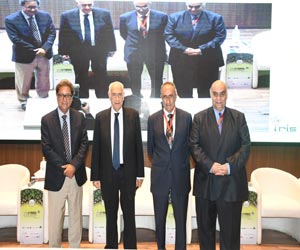 |
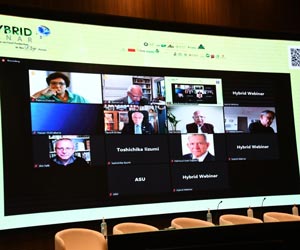 |
||
The webinar stressed the need to work to raise awareness of individuals in dealing with the environment and all living creatures, whether plant or animal, and to cooperate between all countries and international institutions to work together through binding international recommendations for all established procedures, by the relevant international organizations.
Also, a way must be found to create a financial mechanism where you can use development banks and international financial institutions.
.svg)




